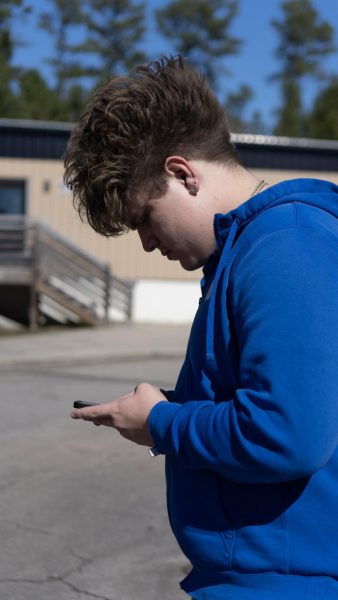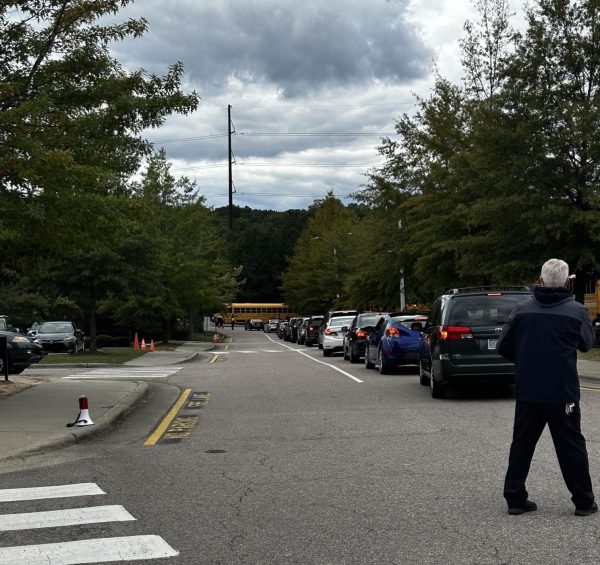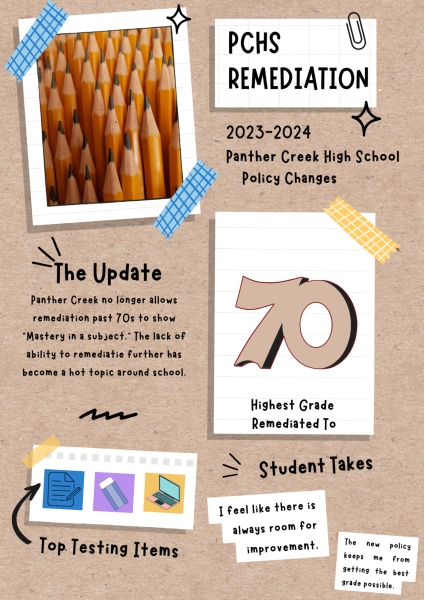Is The PCHS Grading Policy Fair?
As the second semester of the school year begins and students look back at their first quarter report cards, grades are on the mind of many students – particularly soon-to-graduate seniors. When reflecting on these grades, one question often comes to mind: are these grades what we deserved? Does this two digit number accurately account for the hours of studying and effort that we, as students, put towards completing what feels like hundreds of long and arduous assignments? Is the questionably-subjective policy that teachers use to grade truly fair? Interviewers from PCNN spoke with students across the school to see what they think about this contentious issue.
Panther Creek High School’s website includes a link to their official grading policy – a document detailing the typical guidelines of the 0-100, 10-point grading scale that is standardized across the county. But the often overlooked document includes some language that raises concerns about the subjectivity and leeway teachers have in deciding what grades students receive on late Minor-Assessment classwork. While the website states that “Late work will not be accepted after 10 days for minor assessments,” this policy is often ignored by teachers who create accommodations for students as they see fit, often giving credit for assignments long after this 10-day deadline has passed. From a poll taken by PCNN, 60% of students in the survey say they have received credit for an assignment more than ten days late.
This however, is not the most unjust section of the document. The policy also claims that “Any student who puts forth a ‘good faith effort’, as deemed by the PLC will receive a grade no lower than a 50.” Subjective language like this makes it very difficult for the policy to be enforced and evaluated. Who determines what qualifies as a ‘good faith effort?’ Can students trust teachers to uphold their best interests and see their hard work and regard for their classes when assigning a number to their effort?
Students generally agree that some aspects of the current policy are not fair, and can remember experiences where they believed they received an unfair grade. One interviewed student recalls that they had technical issues submitting an assignment on Canvas, and received late point deductions regardless. “I turned in an assignment on time, however, it didn’t go through on the Canvas. I told my teacher and she accepted the assignment as late and didn’t give me full credit.” The policy states that “Grading practices are not to be punitive in nature” but pointless deductions like this clearly violate this principle, punishing students unnecessarily and driving a rift between students and teachers. Why should students be punished for technical errors outside of their control? Aside from just technical issues, some students believe that their teachers’ bias plays a role in the grades they receive. One student recalls, “I tried my best on a personal essay and the teacher critiqued my writing style instead of the actual writing. I got a B but I could’ve gotten an A.”
Is there any way to solve the issue of subjectivity and personal bias in grading? It is hard to say. But these anecdotes from Panther Creek Students point to a clear issue – that bias and unclear grading policies lead to conflicts between students and teachers – and this must change.





